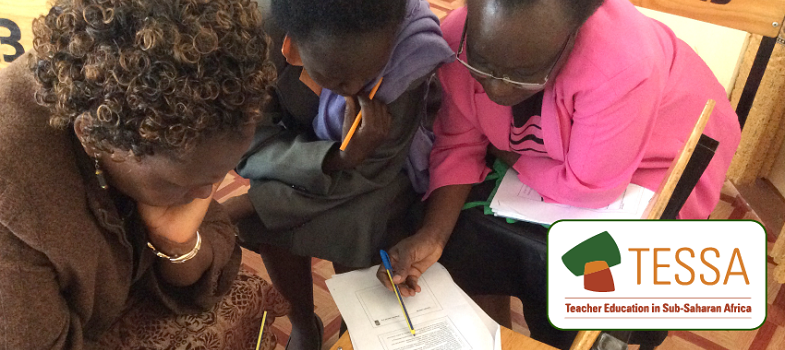Resource 3: The role of school teachers
![]() Background information / subject knowledge for teacher
Background information / subject knowledge for teacher
School teachers are in a position to identify when children are being abused. They have opportunities to get to know individual children well, and thus to notice changes in a child’s behaviour or performance, which could be linked to abuse. Children may also disclose their circumstances as part of life skills lessons or other parts of the curriculum.
If a teacher suspects abuse, a useful process to follow is:
- Start gathering information as soon as you suspect child abuse.
- Continue to do so consistently, and document all information gathered.
- Treat all this information as confidential.
- Discuss your suspicions and the information that you have gathered with the head teacher (unless she or he is possibly implicated).
- Ensure confidentiality by opening a separate file for the particular pupil. This file must be kept in the strong room or safe.
- The head teacher and the teacher must consult the list of criteria for the identification of different types of abuse to verify the information before making any allegations of child abuse. Include in this process professionals who have experience.
- Remain objective at all times and do not allow personal matters, feelings or preconceptions to cloud your judgement.
- Any information to do with child abuse is confidential and must be handled with great discretion.
- The reporting and investigation of child abuse must be done in such a way that the safety of the pupil is ensured.
- Justice must not be jeopardised, but at the same time the support needed by the pupil and their family must not be neglected.
Other important things to remember when talking to pupils are:
- Do not tell a child who discloses abuse that you do not believe them.
- Affirm the child’s bravery in making the disclosure.
- Tell the child what you are going to do about what you have been told, and why.
- If possible, tell the child what will happen next.
- Refer the child for counselling if necessary.
- Be prepared to give evidence in court if there is a trial.
There are many organisations across Africa dedicated to the prevention of child abuse and domestic abuse, for example the African Network for the Prevention and Protection against Child Abuse and Neglect (ANPPCAN). See http://www.anppcan.org/ [Tip: hold Ctrl and click a link to open it in a new tab. (Hide tip)] for more information. Use your preferred search engine to find organisations in your own country that support vulnerable and abused people
Resource 2: Types of abuse



